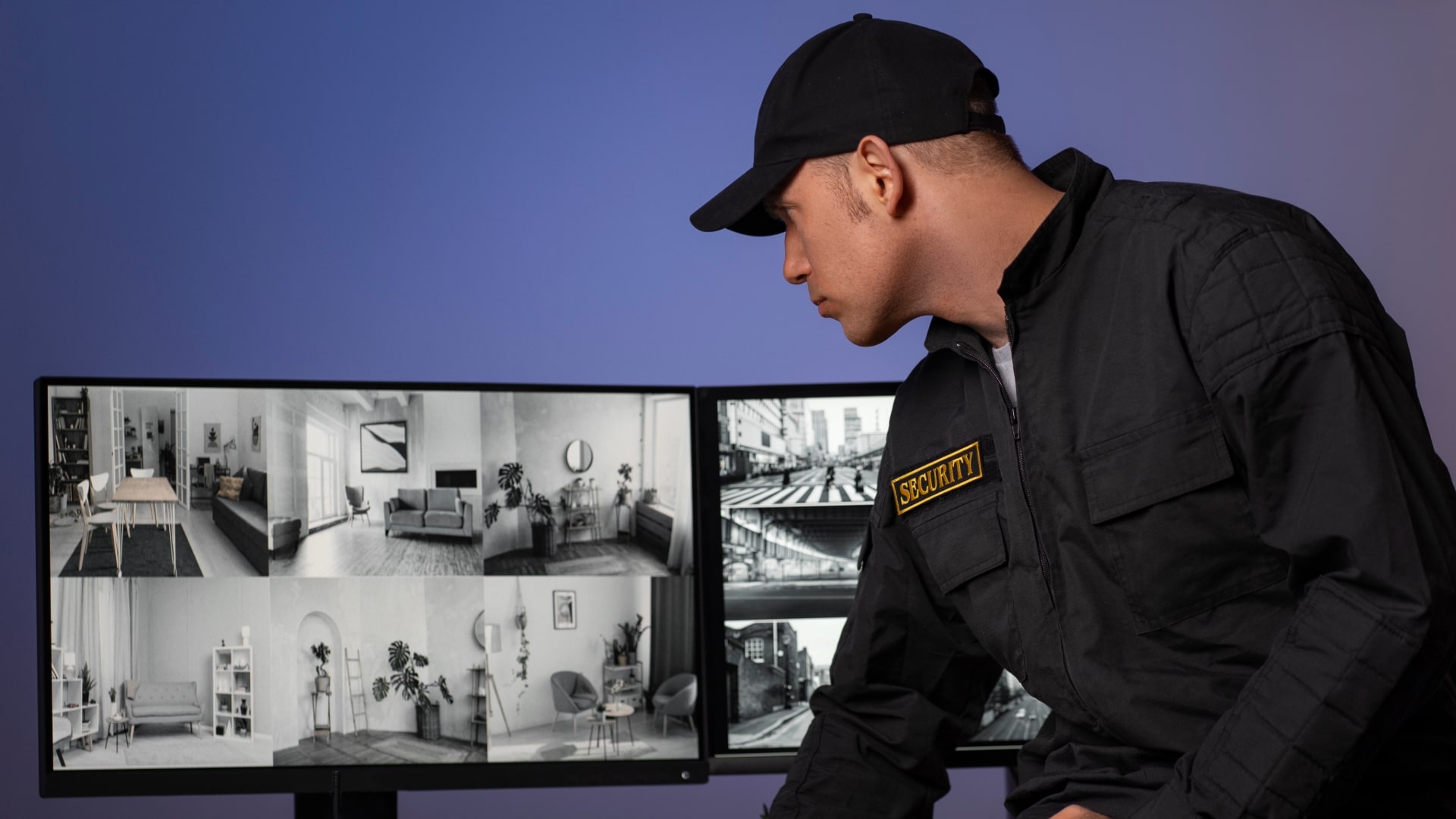In any organization or establishment, security guards play a crucial role in maintaining safety and order. Their responsibilities extend far beyond merely keeping watch over a property. Security guards are integral to the protection of both people and assets, ensuring that potential threats are detected and managed swiftly. Understanding the core responsibilities of a security guard is essential for both employers and employees to ensure a secure environment.
1. Patrolling and Monitoring
One of the primary security guard responsibilities is patrolling designated areas to monitor for suspicious activity. Whether on foot or in a vehicle, security guards are tasked with ensuring that the premises are safe from potential threats. Regular patrolling helps detect any unusual activity, vandalism, or unauthorized access. By proactively walking the grounds, security personnel can prevent crimes before they happen.
2. Surveillance and Alarm Systems
Security guards are often responsible for operating surveillance systems, such as CCTV cameras, and monitoring alarms. They need to be adept at detecting signs of trouble, including intrusion, fire, or other emergencies. When an alarm goes off, a security guard must respond quickly and appropriately, whether that means checking the source of the alarm or contacting emergency services.
3. Access Control
Another significant responsibility of security guards is controlling access to a facility. This includes checking the credentials of employees, contractors, or visitors and ensuring that unauthorized individuals do not gain access to restricted areas. Security guards also keep a log of visitors, ensuring that proper documentation is in place and that all visitors are accounted for.
4. Response to Emergencies
Security guards must be prepared to respond to a wide range of emergencies, including medical incidents, fires, natural disasters, and criminal activities. In case of an emergency, a security guard’s first responsibility is to ensure the safety of the people in the area by alerting authorities, helping evacuate the premises, or providing first aid when necessary.
5. Incident Reporting
An essential part of a security guard’s role is documenting any incidents that occur on the property. This includes writing detailed reports on any suspicious behavior, security breaches, accidents, or altercations. These reports are crucial for legal purposes, insurance claims, or future investigations. Accuracy and thoroughness in reporting are vital for the effective resolution of security issues.
6. Enforcing Rules and Regulations
Security guards are responsible for enforcing the rules and policies of the property or organization they are protecting. This may include ensuring that employees follow safety procedures, monitoring compliance with company policies, and addressing any violations. If any individual is found breaking the rules, security guards may need to take action, which could involve verbal warnings, detaining individuals, or contacting law enforcement.
7. Deterring Crime
A visible security presence can act as a strong deterrent to criminal activity. The presence of a security guard alone can discourage theft, vandalism, and other illegal activities. By maintaining a constant watch and interacting with the public when necessary, security guards help create a sense of safety and discourage potential wrongdoers from acting.
8. Customer Service
While security guards are tasked with maintaining safety, they also act as customer service representatives in some settings. Whether at a mall, event, or corporate office, security guards may be the first point of contact for visitors and customers. They assist with directions, answer questions, and provide a welcoming environment, which can enhance the overall experience of those on the premises.
9. Collaboration with Law Enforcement
In cases where an incident escalates beyond the security guard’s capacity to handle, collaboration with local law enforcement is essential. Security guards must be able to work with police, firefighters, and emergency medical teams to address and resolve critical situations. They should also provide law enforcement with detailed information and assistance when requested.
10. Maintaining Equipment and Vehicles
Security guards who use vehicles or specialized equipment (such as radios, flashlights, or alarms) are responsible for maintaining them in proper working order. This ensures that all tools are ready for use in case of an emergency and that security systems are functioning without interruptions.
Conclusion
The responsibilities of a security guard are multifaceted, requiring vigilance, knowledge, and a high level of preparedness. They are entrusted with the safety and security of property, people, and sensitive information, which means that the role demands not only physical strength but also mental acuity and a thorough understanding of security protocols. Whether it’s through patrolling, monitoring surveillance systems, or responding to emergencies, security guards are essential to maintaining a safe and secure environment for everyone.
